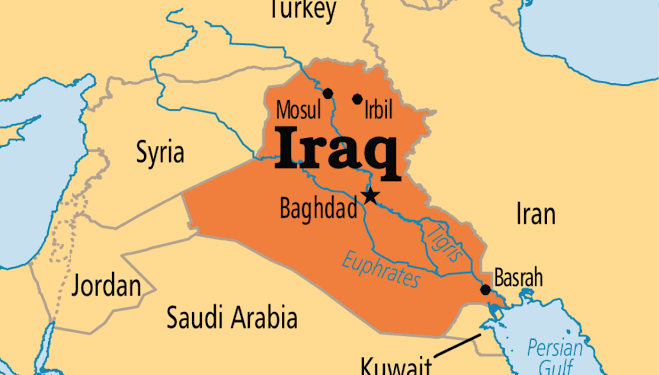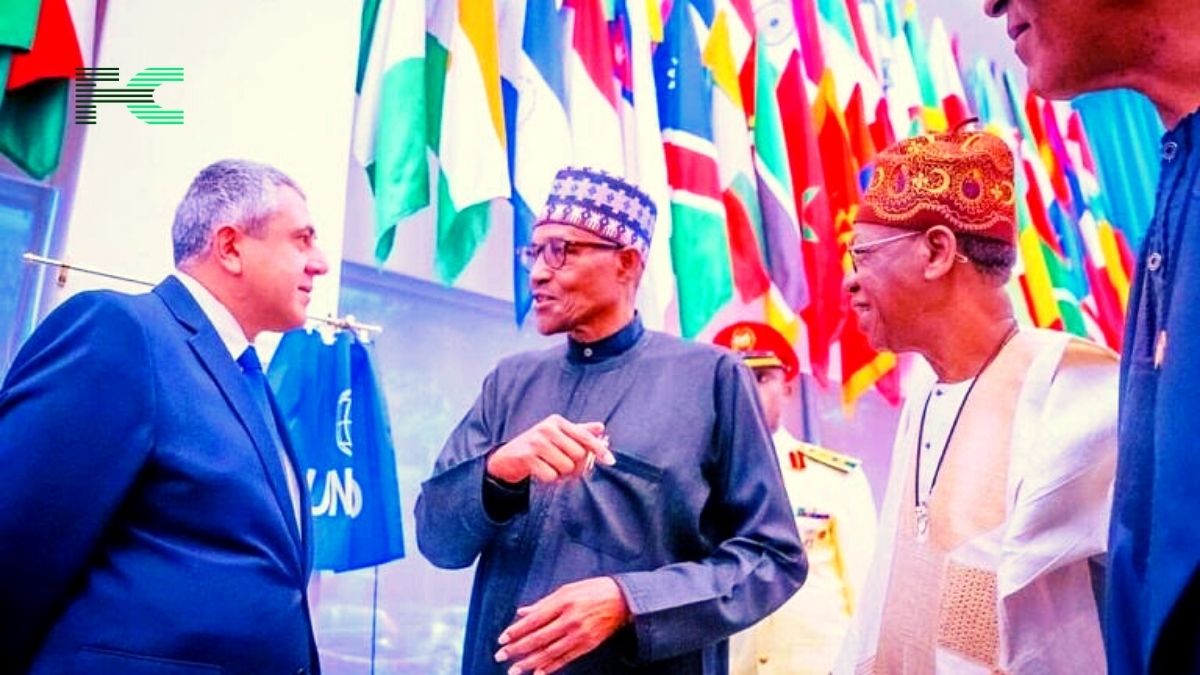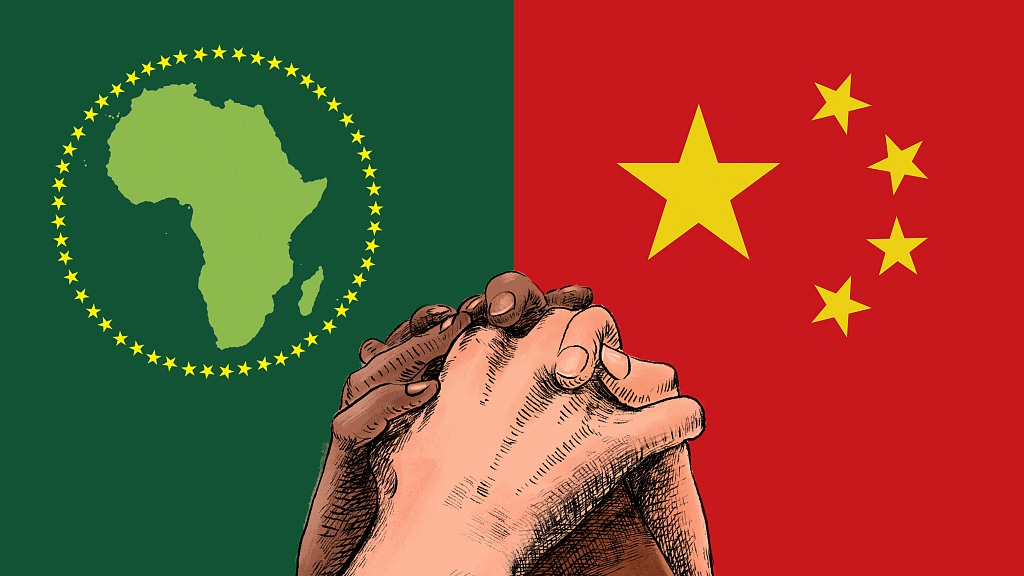The Iraqi government has called for the conclusion of United Nations Assistance Mission for Iraq (UNAMI) operations by 2024. This is according to findings by the Independent Strategic Review Team formed by the UN, who mentioned that a responsible closure could be achieved by 2025. Prime Minister Mohammed Shia’ al-Sudani revealed this information in a statement. Additionally, the statement mentioned that Iraq expects a UN Security Council resolution by the end of May, taking into account Iraq’s request and the recommendations of the Independent Strategic Review Team.

What is UNAMI
UNAMI stands for the United Nations Assistance Mission for Iraq, which was established in 2003 by UN Security Council Resolution 1500, at the request of the Iraqi government. Its primary goal is to offer guidance, aid, and support to the government and citizens of Iraq in promoting inclusive political dialogue and national reconciliation at both the national and community levels.
UNAMI is also involved in supporting the electoral process, fostering regional dialogue between Iraq and neighboring countries, and advocating for the protection of human rights as well as judicial and legal reforms.
Why it matters
The termination of the UNAMI mission holds significant implications, signaling either its successful completion of its objectives or the Iraqi government’s belief that its continued presence is unnecessary. This decision marks a crucial moment in Iraq’s trajectory, highlighting its growing stability and assertion of sovereignty. Sovereignty dictates that a state should fulfill its obligations without external interference. If a political mission begins to appear as interference, a peaceful conclusion becomes imperative.
What they are saying
Prime Minister Mohammed Shia al-Sudani expressed Iraq’s desire to enhance collaboration with other U.N. agencies but indicated that the political functions of UNAMI were no longer required.
While some view the mission’s engagement with top political, judicial, and security officials as crucial for conflict prevention and resolution as meddling.
Iraqi officials point to significant progress since the sectarian violence post-invasion and the threat from ISIS, suggesting reduced reliance on international assistance. However, concerns persist regarding the stability of Iraq’s nascent democracy, given ongoing conflicts and the presence of heavily armed factions.
Additionally, there are apprehensions about human rights and accountability in a nation plagued by corruption and restrictions on freedom of expression.
Bottom Line
The conclusion of the UNAMI mission represents a pivotal moment for Iraq, symbolizing its strides towards stability and sovereignty. However, it also raises questions about the nation’s future trajectory, particularly concerning governance, security, and human rights.
As Iraq navigates this transition, it must address internal challenges while maintaining its commitment to democratic principles and international cooperation.

















